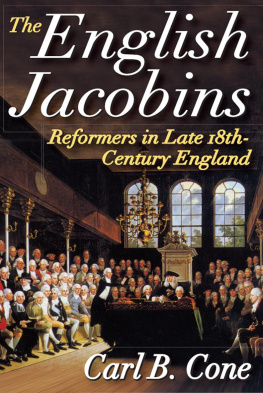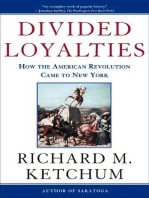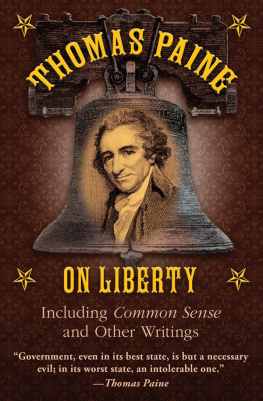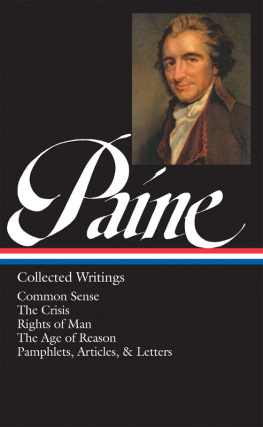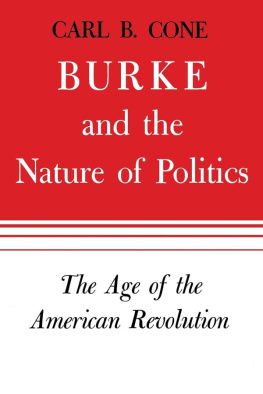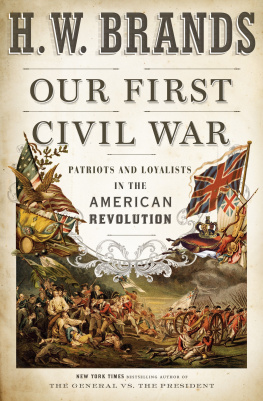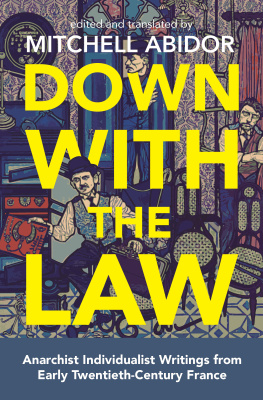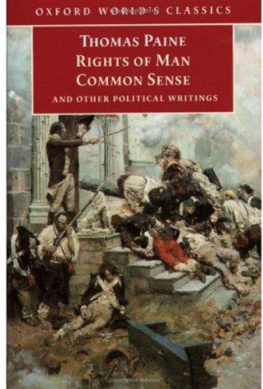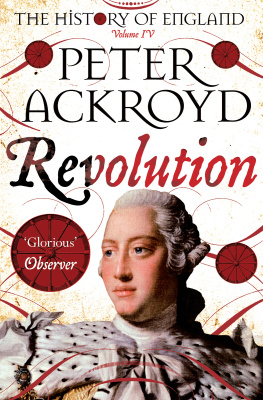Robert Dozier - For King, Constitution, and Country: The English Loyalists and the French Revolution
Here you can read online Robert Dozier - For King, Constitution, and Country: The English Loyalists and the French Revolution full text of the book (entire story) in english for free. Download pdf and epub, get meaning, cover and reviews about this ebook. year: 2021, publisher: University Press of Kentucky, genre: History. Description of the work, (preface) as well as reviews are available. Best literature library LitArk.com created for fans of good reading and offers a wide selection of genres:
Romance novel
Science fiction
Adventure
Detective
Science
History
Home and family
Prose
Art
Politics
Computer
Non-fiction
Religion
Business
Children
Humor
Choose a favorite category and find really read worthwhile books. Enjoy immersion in the world of imagination, feel the emotions of the characters or learn something new for yourself, make an fascinating discovery.

- Book:For King, Constitution, and Country: The English Loyalists and the French Revolution
- Author:
- Publisher:University Press of Kentucky
- Genre:
- Year:2021
- Rating:4 / 5
- Favourites:Add to favourites
- Your mark:
For King, Constitution, and Country: The English Loyalists and the French Revolution: summary, description and annotation
We offer to read an annotation, description, summary or preface (depends on what the author of the book "For King, Constitution, and Country: The English Loyalists and the French Revolution" wrote himself). If you haven't found the necessary information about the book — write in the comments, we will try to find it.
England trembled in 1792. In May, George III issued a proclamation warning his subjects of diverse wicked and seditious writings then being circulated which might excite tumult and disorder. The response to this proclamationan unprecedented expression of loyalty to crown and constitutionmarked the beginnings of a movement that was to influence British political life well into the nineteenth century. For King, Constitution, and Country is the first full-scale exploration of the nature and origins of this loyalist movement.
The British government had genuine cause for concern. While France was convulsed by revolution across the Channel, the writings of Tom Paine and the actions of organized English radicals seemed designed to import that revolution to England. The formation of loyal associations throughout the country indicated that the overwhelming majority of Englishmen opposed such aims, and their public declarations of loyalty strengthened the hand of government in suppressing dissent, real or imagined. When war with France was declared in 1793, the loyalists, already organized, continued to provide social stability, as well as money and menthe volunteer corpsto defend their country.
Until now historians have concentrated on the radical side of this struggle. Robert R. Doziers detailed studybased on sources as diverse as the private papers of government officials, provincial newspapers, and the declarations of radical and loyal societies throughout Englandnow makes possible a balanced view of this chaotic period. Mr. Dozier shows that the English loyalists rejected the French Revolution on social as well as political grounds, and argues persuasively that their words and actions enabled England to escape the legacy of revolution that was to plague the Continent throughout the following century.
This important book reveals much about the character of the English people, the structure of English political society, the nature of Englands unwritten constitution, and the breadth of English liberties.
Robert Dozier: author's other books
Who wrote For King, Constitution, and Country: The English Loyalists and the French Revolution? Find out the surname, the name of the author of the book and a list of all author's works by series.

